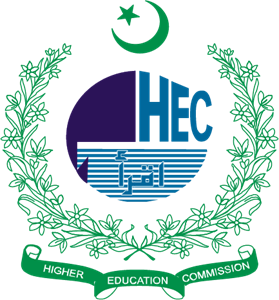CULTURAL AND TRADITIONAL PRACTICES FOR THE MANAGEMENT OF DIARRHEA IN CHILDREN UNDER 5 YEARS OF AGE IN SELECTED SUBURBS OF KHYBER PAKHTUNKHWA
Keywords:
Diarrhea; Dehydration; Child, preschool; Fluid therapy; Hand disinfectionAbstract
Introduction: About two-thirds of the total annual deaths in Pakistan are currently among children under the age of five years, and diarrhea is considered to be one of the major contributors to these deaths. Diarrhea becomes very common after disasters like floods to which the Khyber Pukhtunkhwa (KP) province of Pakistan is quite prone. Hence, the present study was conducted to document the home management of diarrhea in children less than five years of age in the province.
Materials & Methods: This cross sectional descriptive study was conducted in three suburban areas of KP from April to June 2010. Subjects were the locals of three towns namely, Asadabad (Mardan), Tarnab (Charsadda), and Kuchian Kalay (Warsak Road, Peshawar), all of which have low standards of hygiene and sanitation. Data were collected from 100 households in these areas through convenience sampling and interviews of mothers. Questionnaires were pretested and translated in local languages and data were obtained after informed consent. SPSS version 17 was used for analysis of descriptive data.
Results: The majority (96%) of mothers were housewives, of which 36% had income less than Rs. 3000 per month. Laborer mothers accounted for 4% of families. Only 4% families had a monthly income over Rs. 10,000. Home remedies were used by 75% women interviewed, of which the most common were traditional / natural herbs. Such remedies were used by 34% of the 75% mothers with monthly income between Rs. 3001 and Rs. 5000, compared to 1% mothers out of the 4% who earned more than Rs. 10,000 per month. Rehydration therapy was adopted by 74% mothers when their children suffered from diarrhea. Frequency of hand washing before and after various activities ranged from 76% to 83%, with majority of mothers washing their hands before cooking meals for the families. More than half (53%) mothers changed the feeding practices of their children during diarrheal episodes. Most mothers knew about fever and vomiting as additional symptoms of diarrhea.
Conclusions: Majority of mothers, particularly those of lower socio-economic status, used a variety of traditional methods for the management of diarrhea, such as “Sperkaiâ€, “Anja†and “Alamâ€. Most diarrhea patients were switched to soft foods and given green tea and ORS for fluid intake (rehydration). Knowledge of mothers about the dreadful complications of dehydration was extremely poor.




